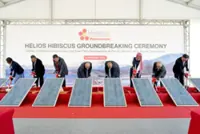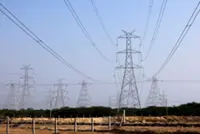NEW YORK: Oil prices sank on Friday, after U.S. consumer prices rose more than expectedand China imposed new COVID-19 lockdown measures.
Brent crude LCOc1fell US$3, or 2.4%, to $120.07 a barrel at 10:56 a.m. EDT (1456 GMT). U.S. West Texas Intermediate crude CLc1fell $2.96, or 2.4%, to $118.55 a barrel.





